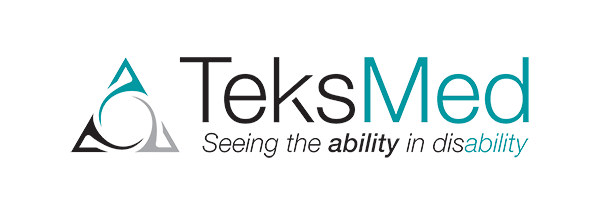When is the right time for an employee to return to work after a disability?
When an employee returns to work after a disability, it can be a stressful time for both employer and employee as they navigate the challenges of their new reality. Employers may be anxious to have the employee back to make up for lost productivity; or they may be fearful of the perceived liability of having the disabled worker back on the job. On the other hand, the employee may be anxious to return in order to start earning their full paycheque again – or they may have doubts about their ability to perform their normal duties. In any case, there is a need to balance the rights of both employer and employee.
So when is the right time for a disabled employee to come back to work? Each situation is unique but it will usually begin with the employee letting the employer know that they are ready to come back.
Duties of Employees:
Once the employee feels they are ready to return to work, they will likely make contact with the company to let them know. They may need to provide a letter from their doctor or healthcare provider which expresses that it is ok for them to return to work.
While they are not required to go into detail about their disability, the employee should let the employer know (in writing if possible) about any accommodations they will require in order to perform their duties.
Duties of Employers:
The employer is always encouraged to make the necessary provisions to help the employee return to work with as much dignity as possible. This includes supporting necessary accommodations (unless there is legitimate reason not to), seeking expert advice where necessary, playing an active role in providing solutions and maintaining confidentiality. In some circumstances, the employer is even encouraged to cover the cost of any medical documentation that is required for the employee to return to work.
Disability Management
Absences due to illness and disability are costly for business. Statistics from the National Institute of Disability Management (NIDMAR) indicate that between 8-12% of workers in Canada are absent due to illness or injury at any given time.[i]
While no one likes to think about the prospect of having an employee off due to a disability, the companies that are likely to thrive through such situations are those with disability management plans in place.
A proactive plan is a model that can be driven by either employer or employee and facilitates communication between the two. As part of a successful return to work plan, employers should help employees by:
- Identifying barriers of returning to work.
- Identifying ways to mitigate barriers.
- Collaborating with employee and medical professionals to develop a return to work plan; and
- Monitoring and evaluating return to work plan to ensure a successful transition.
Disability management might seem like a daunting task to employers, but the good news is that they do not have to do it alone. A third-party Disability Manager can assist with everything from making sure legislation is complied with, to facilitating communication, to ensuring an employee’s accommodation needs are met in a cost effective manner.
Whether your business needs help with a return to work plan for a disabled employee or you simply want to put a disability management policy in place, TeksMed can help. Contact us today for a consultation.
[i] http://www.kellysantini.com/articles/duty-accommodate-dos-and-donts-guide-returning-injured-disabled-employees-work-0



